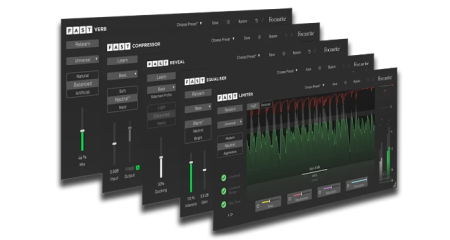Artificial Intelligence (AI) has revolutionized the music industry in recent years by introducing new methods of music creation through AI music generators. These AI music generators use algorithms and machine learning techniques to generate new music that mimics existing styles or creates entirely new ones. This technology has the potential to change the way music is produced, composed and even consumed.

One of the main advantages of AI music generators is their ability to create music quickly and efficiently. With traditional methods, composing and producing a single song can take several hours or even days, depending on the complexity of the music. However, with AI music generators, the process can be reduced to just a few minutes, making it possible to produce a large number of pieces in a short amount of time. This makes it easier for musicians and composers to try out different styles and experiment with new ideas.
Another advantage of AI music generators is their ability to mimic existing styles and create new ones. These algorithms can be trained on existing music, allowing them to learn and recreate the characteristics of different styles, such as classical, jazz or pop. This opens up new opportunities for musicians to experiment with different genres and create unique pieces that are not possible with traditional methods. Additionally, AI music generators can also be used to create entirely new styles that have never been heard before, which opens up new avenues for artistic expression and creativity.

However, there are also some drawbacks to AI music generators. One of the main challenges is the lack of originality and creativity in the music produced by these algorithms. While AI music generators are capable of imitating existing styles, they are limited by their programming and cannot truly generate new and innovative ideas on their own. Additionally, the music produced by these algorithms may lack the emotion and personal touch that is present in music created by human musicians.
Despite these limitations, AI music generators have the potential to change the music industry in a significant way. They can make the process of music production faster and more efficient, while also providing new opportunities for musical expression and creativity. However, it is important to remember that AI music generators should be used as a tool to aid in the creative process, rather than a replacement for human musicians.
In conclusion, AI music generators are a promising new technology that has the potential to change the way music is produced, composed and consumed. While there are some limitations, such as a lack of originality and emotion, the advantages of this technology make it an exciting new development in the music industry. With further advancements and improvements, AI music generators have the potential to become an indispensable tool for musicians and composers.


